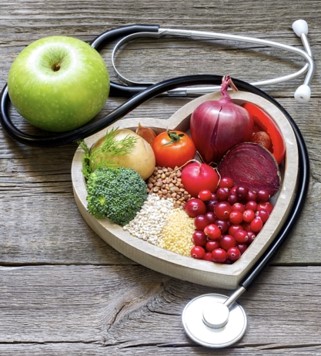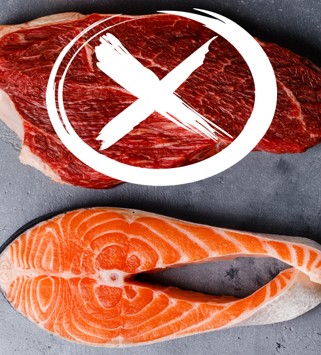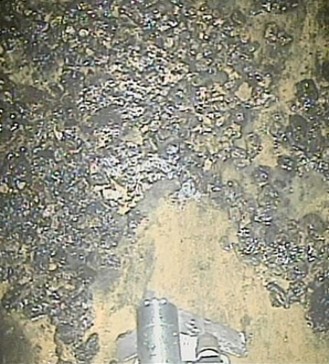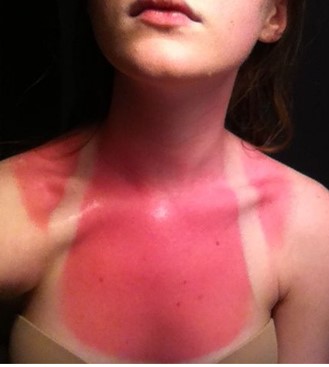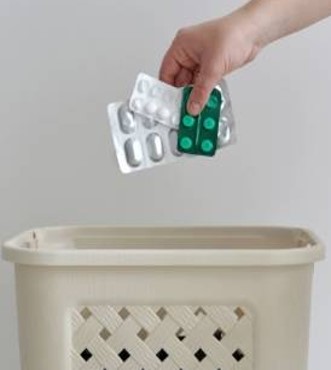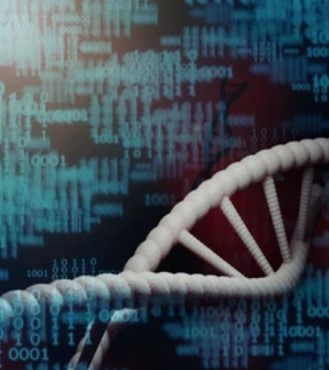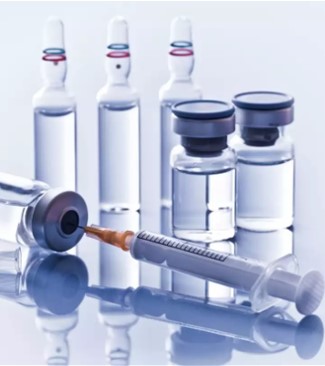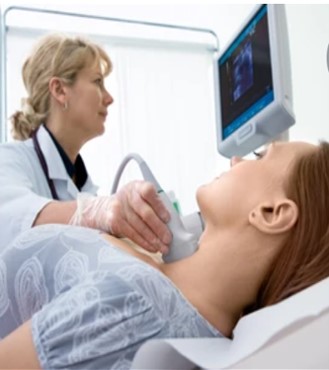Cancer Prevention

Overview
According to the statistics, about one of three people in the world will develop some form of malignancy during their lifetime. Despite these grim statistics, doctors have made great progress in understanding the biology of cancer cells, and they have already been able to improve the diagnosis and treatment of cancer with new technology.
Early diagnosis is important, but can you go one better? Can you reduce your risk of getting cancer in the first stage? It sounds too good to be true, but it's not. Scientists at the Harvard School of Public Health estimate that up to 75% of cancer deaths can be prevented. So that, prevention of cancer is very important.
Primary prevention of cancer attempts to limit exposure to carcinogens in order to prevent the initiation of cancer. Cancer prevention strategies to modify cancer risk factors involve lifestyle interventions and medical interventions which include
vaccines. Secondary prevention strategies use screening and early detection programs in an attempt to identify cancer early in its
 development, to reduce the morbidity and mortality by improving the outcome of disease that has already developed.
development, to reduce the morbidity and mortality by improving the outcome of disease that has already developed.
Symptoms of Cancer
Cancer can cause many symptoms, but these symptoms are most often caused by illness, injury, benign tumors, or other problems. If you have symptoms that do not get better after a few weeks. Often, cancer does not cause pain, so do not wait to feel pain before seeing a doctor. Your doctor can be diagnosed and treated your cancer as early as possible.
Some of the symptoms that cancer may cause include:
1) Night sweats or fever for unknown reasons.
2) weight loss or Weight gain for unknown reasons.
 3) Breast changes: Lump or firm feeling in breast, under or arm, Nipple changes, Skin that is red, itchy, mscaly, puckered.
3) Breast changes: Lump or firm feeling in breast, under or arm, Nipple changes, Skin that is red, itchy, mscaly, puckered.
4) Bladder changes: Blood in the urine, Trouble urinating, Pain when urinating.
5) Bleeding or bruising, for unknown reasons.
6) Fatigue that is severe and lasts.
7) Swelling or lumps anywhere such as in the neck, underarm, stomach, and groin.
8) Cough or hoarseness that does not go away.
9) Skin changes: A sore does not heal, A flesh-colored lump bleeds or turns scaly, A new mole or in an existing mole, Jaundice.
10) Bowel changes: Changes in bowel habits or Blood in the stools
11) Mouth changes: A red or white patch on the tongue or in mouth, Bleeding, pain, or numbness in the lip or mouth.
12) Eating problems: Pain after eating, Trouble swallowing, Belly pain, Nausea and vomiting, Appetite changes.
13) Neurological problems: Seizures, Headaches, Vision changes, Hearing changes, Drooping of the face.

16 Commandments of cancer prevention
As we know that preventing cancer is one of the most effective ways of creating a cancer free future. It is important that one in three cancer cases could be prevented and the number of cancer deaths could be reduced significantly by choosing a cancer-free lifestyle. Fortunately, there are 16 simple cancer-free lifestyle changes you can make to help reduce your risk of cancer.
The 16 changes are maintain a healthy body weight, be physically exercise, moderate alcohol consumption, stop and never start Smoking and make home smoke free, be a healthy diet, moderate consumption of red meats and processed meats and fast foods, moderate consumption of sugar sweetened drinks, against cancer-causing substances, do not exposed to high radiation, avoid too much sun, breastfeeding your baby, Moderate consumption supplements, Avoid risky behaviors, know family history, take part in vaccination and cancer screening programs and last to get regular check-ups.

 EN
EN 



